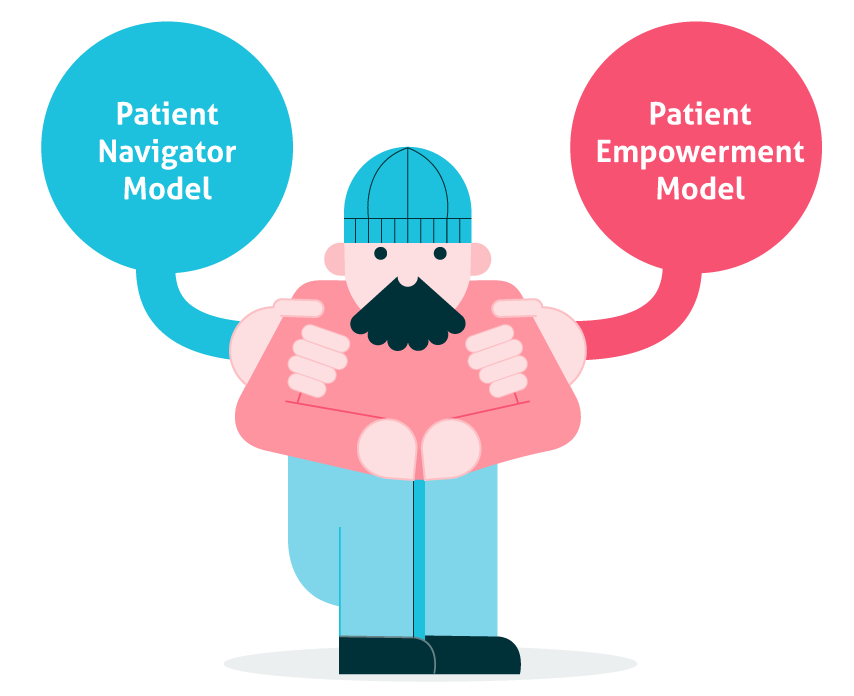Timely and evidence-based preventive strategies, including optimising health care pathways provide a solution to the high cancer mortality. They could improve overall health outcomes in this underserved population. The CANCERLESS project aims to deliver an innovative solution as an aggregate intervention based on the combination of the tested Patient Navigator Model and Patient Empowerment Model to create the Health Navigator Model for Europe. The Health Navigator Model is an evidence-based patient-centred intervention that develops patient empowerment through health education and social support, promoting timely access to primary and secondary prevention services. CANCERLESS includes partner organisations with long-standing experience in working in health and social care for the homeless in the south, east, northwest and central Europe, and academic institutions and local governments. Using the Consolidated Framework for Implementation and the Research and the Reach, Effectiveness, Adoption, Implementation and Maintenance frameworks based on implementation science know-how, the CANCERLESS project aims to reduce the gap in health inequalities for the homeless population. So, CANCERLESS reduces the cancer burden, which will, in turn, reduce associated costs across health and social care systems in Europe. Moreover, the CANCERLESS project aims to harness the transformative potential of the integrated care pathways in cancer as well as provide health and social care policy recommendations for the adoption and implementation of the Health Navigator Model across Europe.

CANCERLESS’ vision is to prevent cancer and allow for early diagnoses in the homeless population by delivering person-centred interventions to overcome health inequalities and facilitating timely access to quality cancer prevention and screening services for homeless people and leaving no one behind in Europe.
Our project aims to deliver evidence-based person-centred health care services to overcome health inequalities and facilitate timely access for the homeless to quality cancer prevention and screening services.
